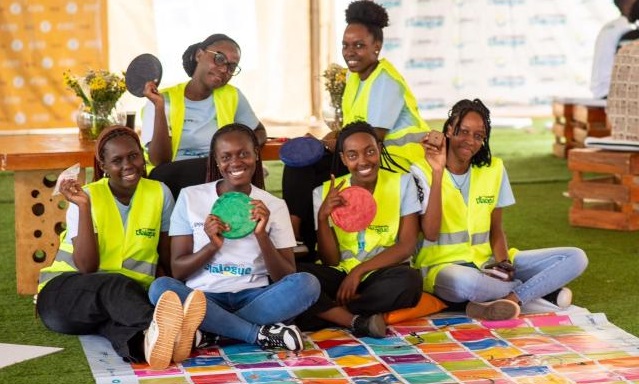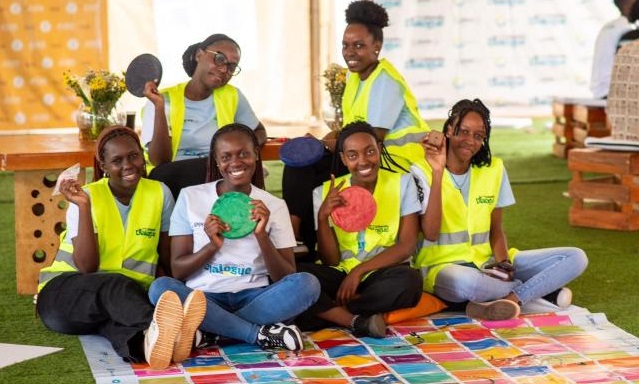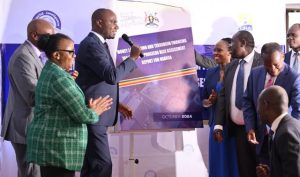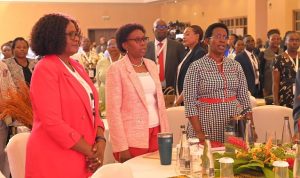Limited internet coverage hindering youth access to SRH information


KAMPALA, UGANDA | THE INDEPENDENT | Limited distribution of internet connectivity in the country, especially in rural areas, has been identified as a major barrier to accessing accurate and reliable information on sexual and reproductive health.
In Uganda, where young people make up over 78% of the population, a call to prioritize adolescent SRH, through all available platforms, is not only crucial, but an urgent social issue.
At the recent Reproductive Health Uganda (RHU) 2024 Inter-University Dialogue at Makerere University, stakeholders voiced strong support for bridging the nation’s digital divide. This is against the backdrop of cultural constraints where parents are always not at ease to discuss SRH issues with their children, and digital platforms are looked at as a platform to bridge this gap.
The dialogue was organised by Reproductive Health Uganda in partnership with the International Planned Parenthood Federation (IPPF) and supported by the Ministry of Health.
Under the theme, “Promoting Young People’s Sexual Health: Leveraging the Digital Space,” the event aimed to empower youth with knowledge on sexual and reproductive health (SRH).
Uganda’s East African Legislative Assembly (EALA) representative Jacqueline Amongin asked the youths to utilize digital platforms to enhance their understanding of SRH issues. She also said that the University Dialogue should be a space to learn and use digital platforms to empower young people to make the right choices.
However, she cautioned that many rural regions remain disconnected, making it difficult for young people to access reliable health information. She urged the government to invest in internet infrastructure, especially for healthcare facilities and public spaces, where young people could gain access to digital SRH resources.
“Most of the young people have smartphones and must use them to access sexual and reproductive health (SRH) information without stigmatization, discrimination, fear of refusal, lack of privacy and confidentiality and embarrassment in seeking SRH education,” Amongin emphasized.
Reproductive Health Uganda’s Gender and Youth Manager, Tom Kulumba, noted that although a large percentage of young Ugandans rely on smartphones, internet scarcity and digital literacy gaps limit their capacity to use these devices for health-related purposes. “While many youth embrace technology, access remains skewed,” Kulumba stated. “It’s essential to bridge these gaps if we hope to reach all youth, especially those in underserved rural communities.”
Dr Winifred Namuwonge Kabumbuli, Dean of Students at Makerere University, also highlighted the need for balanced engagement with digital tools, encouraging intellectual guidance to help young people navigate the online world safely. She stressed that while digital spaces offer new opportunities for SRH education, they must be moderated to prevent misinformation and ensure a supportive environment.
The dialogue underscored the need for government intervention, recommending an investment in digital infrastructure that aligns with Uganda’s youthful demographic. This approach, RHU and stakeholders argue, would ensure equitable access to health resources, ultimately empowering Uganda’s young population to make informed decisions about their sexual and reproductive health.
This call for digital equity aligns with recent data from the 2024 census, which reveals that the challenges youth face are increasingly intertwined with technology access. Information from the Ministry of Health, indicates that over 62 percent of adolescent pregnancies are unintended, which is a clear sign of low SRH knowledge.
*****
URN
The post Limited internet coverage hindering youth access to SRH information appeared first on The Independent Uganda:.





